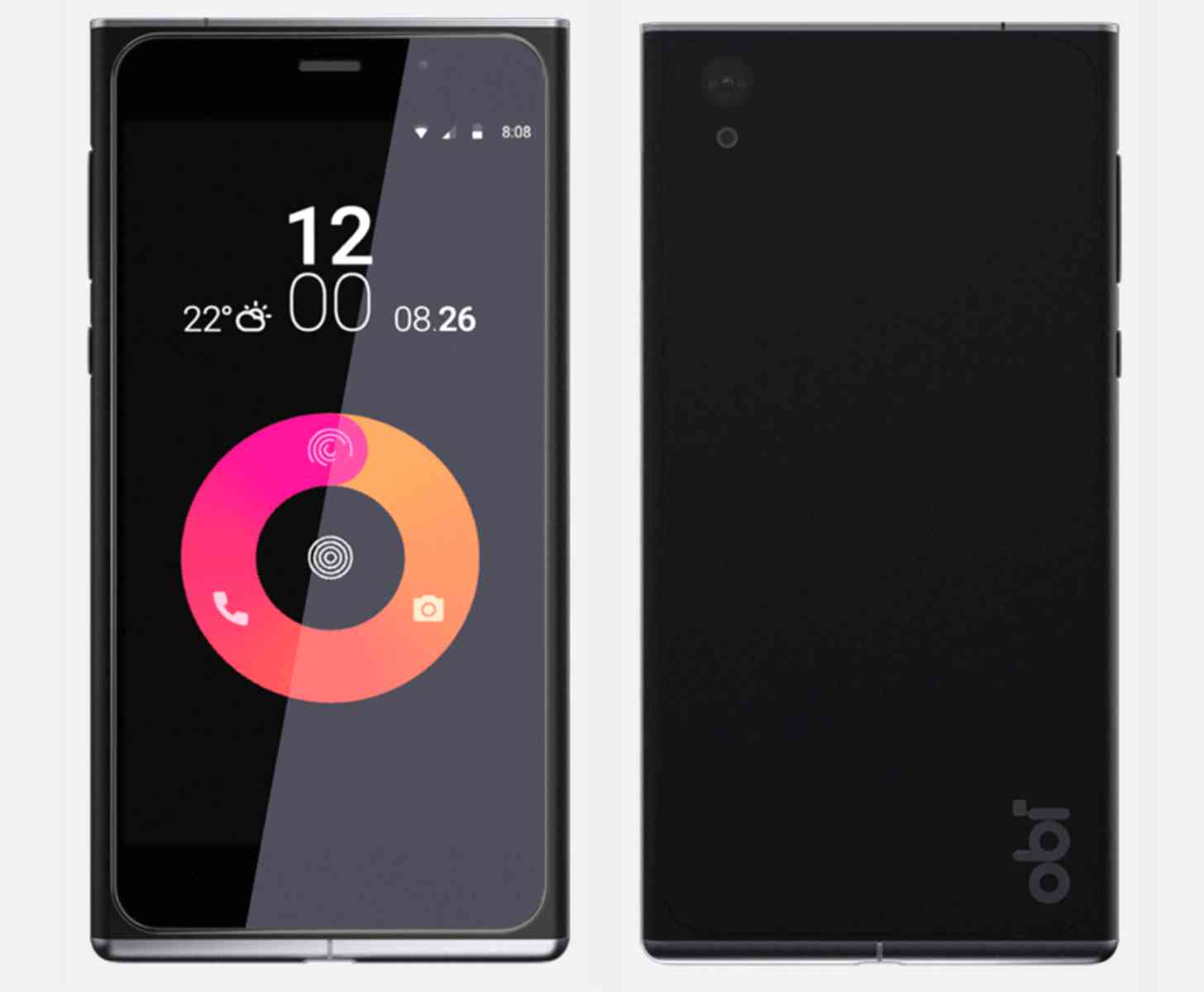
Emerging markets are a big target for many mobile companies, with Google’s Android One, Microsoft’s Lumias, and many more targeting developing countries in an effort to to sell lots of low-cost handsets. Now a new company is entering the low-cost fray.
Obi Worldphone has revealed its first two smartphones, the SF1 and SJ1.5, both of which run customized versions of Android Lollipop. The device’s will cost $199 and $129, respectively, and they’ll be sold online and in stores in Vietnam, Indonesia, Thailand, Saudi Arabia, Kenya, Nigeria, Tanzania, South Africa, Pakistan, Turkey, India, and the United Arab Emirates.
The SF1 is the higher-end of the pair, running Android 5.0.2 on a 5-inch 1920x1080 display that's covered in Gorilla Glass 4 and a fiberglass body. It’s also got a 13-megapixel rear camera with a Sony-made sensor and LED flash, a 5-megapixel front-facing camera that’s also got an LED flash, 4G LTE connectivity, Dolby Audio Surround 7.1, and a 3000mAh battery. Finally, the RAM and storage are available in two configurations — 2GB/16GB or 3GB/32GB — but both have a microSD slot for added storage. The 2GB/16GB model will cost $199, while the 3GB/32GB version will be $249.

The lower-cost SJ1.5 offers the same 5-inch display, but steps its resolution down to 1280x720. It’s also got an 8-megapixel rear camera with an OmniVision sensor, 5-megapixel front camera, quad-core MediaTek MT6580 processor, 16GB of storage with a microSD slot to add more, 1GB of RAM, Android 5.1, and a 3000mAh battery. Its body is polycarbonate.
In the past, smartphones with affordable price tags typically had less-than-great designs, but that’s been changing lately. Obi Worldphone’s devices continue that trend with clean, attractive bodies. Interestingly, Obi Worldphone was co-founded by John Sculley, who worked at Apple for several years and served as its CEO. Regardless of the people behind Obi Worldphone, though, the SF1 and SJ1.5 are good-looking phones that also have competitive pricing. With that combination, these devices certainly stand a chance against their competition in emerging markets.